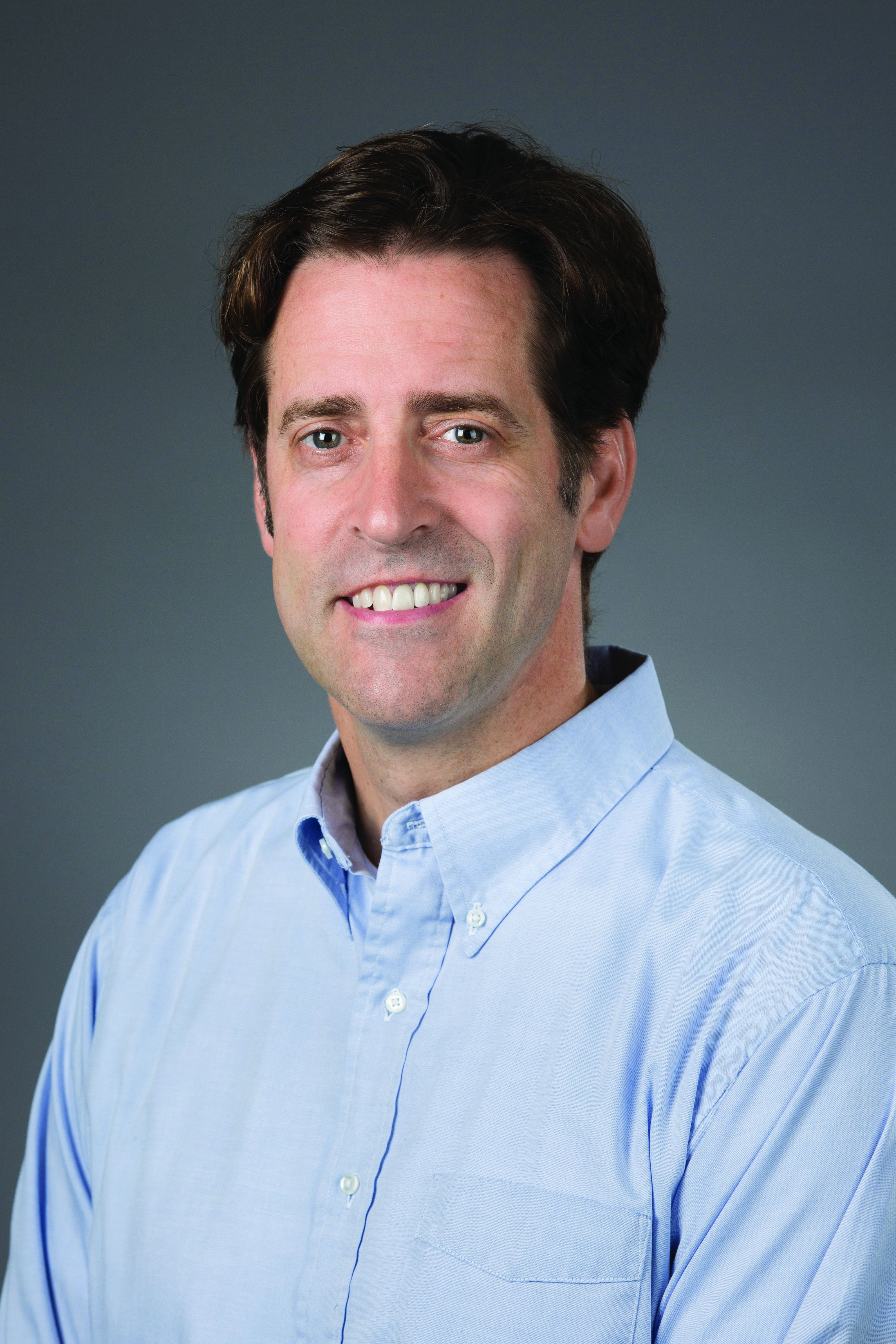David D. Fuller, Ph.D.
Professor of Physical Therapy
College of Public Health and Health Professions
2016 Awardee

On top of directing a laboratory in the McKnight Brain Institute that studies respiratory physiology and neuroplasticity, David Fuller serves as the associate director of the Center for Respiratory Research and Rehabilitation – which includes faculty spanning four colleges – and is the director of the Rehabilitation Science doctoral program.
Fuller’s team researches the neural dysfunction that contributes to breathing problems in Pompe disease, a rare genetic disorder caused by mutations in the gene encoding the lysosomal enzyme acid alpha-glucosidase (GAA). The buildup of glycogen, a form of glucose, in organs and tissues, typically results in cardiorespiratory failure in the first year and progressive respiratory failure later in life. Fuller’s research has established that pathology is prominent in respiratory neurons and that neural dysfunction contributes to respiratory insufficiency in the disease.
“This is very important since muscle-directed treatments have limited success,” Fuller said, “and our group has published the hypothesis that treatments which restore GAA activity to respiratory neurons will be required to fully correct breathing problems.”
Fuller’s lab also researches neural control of breathing following a spinal cord injury. His team is focused on developing new therapies to improve respiratory function after spinal injury – their current project uses gene therapy and novel pharmacologic methods.
“A basic understanding of how spinal cord injuries and spontaneous neuroplastic processes impact respiratory control is important for developing and optimizing spinal rehabilitation approaches,” he said.
Fuller’s lab is funded by the National Institutes of Health, the Department of Defense, the Christopher Reeve Foundation, the American Paraplegia Society and the state of Florida.
Fuller is an associate editor for Frontiers in Respiratory Physiology and on the editorial board of the Journal of Applied Physiology. He has also served as a guest editor for Experimental Neurology and Respiratory Physiology and Neurobiology.

